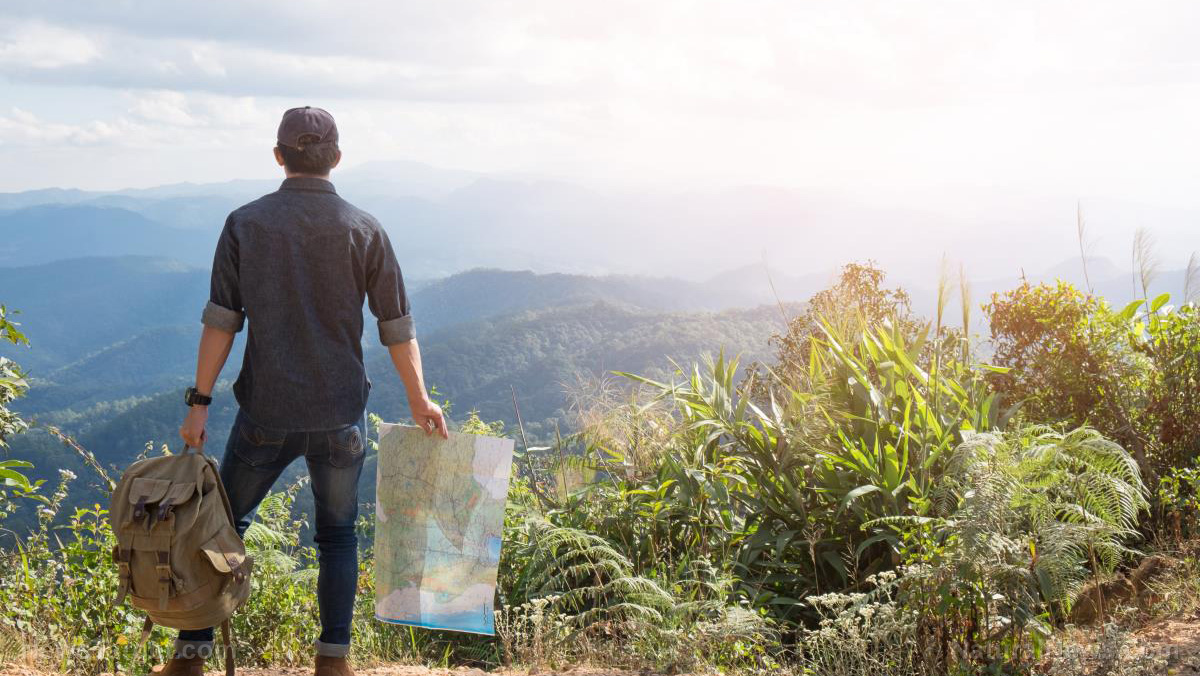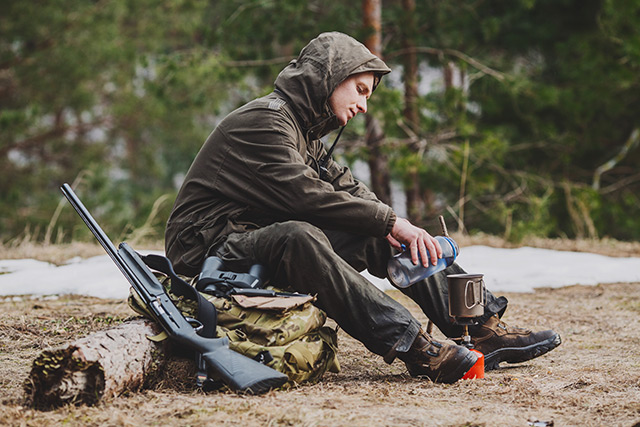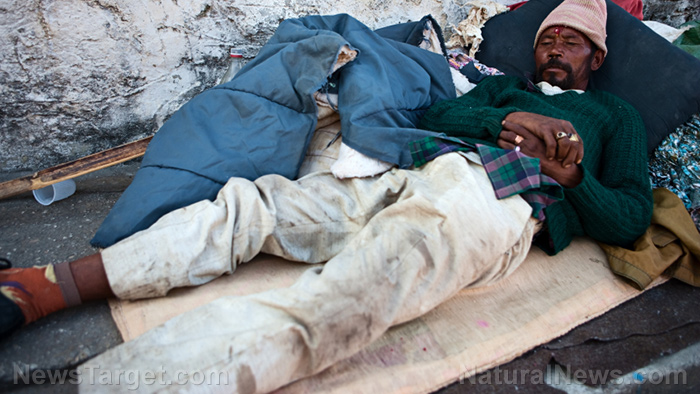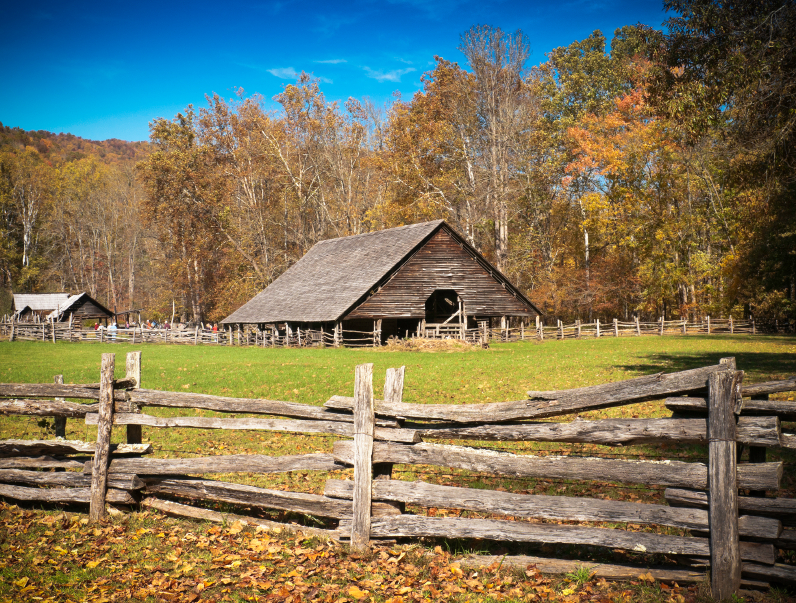Considerations for setting up your bug out camp
06/06/2018 / By Jayson Veley
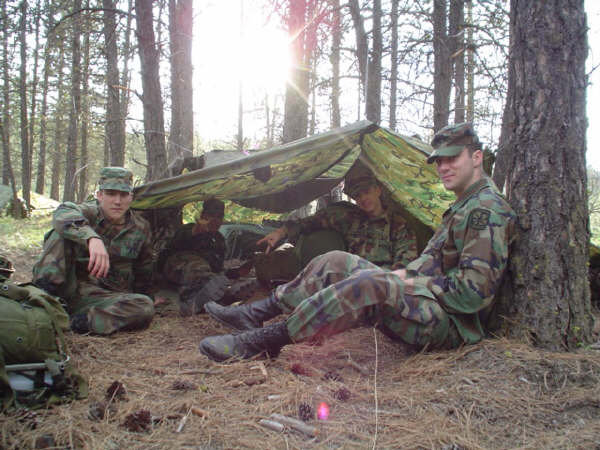
As any serious prepper will tell you, choosing a bugout location isn’t as easy as some might think. Indeed, there are a number of different factors that must be taken into account, especially considering the fact that in a real-life survival situation, there are a million possible scenarios that could play out. Last month, Backdoor Survival published an article that provided some great tips and advice for planning your bugout camp or cabin.
Rural versus urban
When choosing a bugout location, one of the very first things that you should do is consider your surroundings and take note of whether you are living in a more rural or a more urban area. Abandoned buildings and large warehouses could be potential places of refuge if you live in an urban area, but note that one of the downsides about establishing a bugout location here is that there’s going to be increased competition for supplies due to the dense population. Rural areas don’t have this problem as much, but bugging out in an area away from the city means that you won’t have many people around to help with defense or to trade with. All of these factors should be weighed before making a choice as to where to bug out.
Access to water and vulnerability
This one is a balancing act. On the one hand, you want to find a bugout location that is close enough to a water source so that you can stay hydrated. On the other hand, you want to be far enough away from a water source so as to avoid unwanted and unnecessary interactions with others. Regardless of where you choose to set up camp, though, it’s important to carry some kind of water filtration device with you so that you can still stay hydrated even if the water is dirty or contaminated. Happy Preppers notes that some water filtration devices currently on the market that would be great in any survival situation include Sawyer, Lifestraw, Aquamira and the more traditional Katadyn. (Related: Here are six methods to purify water for off the grid survival.)
Sponsored solution from the Health Ranger Store: The Big Berkey water filter removes almost 100% of all contaminants using only the power of gravity (no electricity needed, works completely off-grid). Widely consider the ultimate "survival" water filter, the Big Berkey is made of stainless steel and has been laboratory verified for high-efficiency removal of heavy metals by CWC Labs, with tests personally conducted by Mike Adams. Explore more here.
Access to food supply
There are a number of factors that need to be considered for this one, making it a bit more complex than the previous two items on this list. Ask yourself the following questions: How much food do you have? Can you make it to a better area to resupply on food if and when it becomes necessary? Do you have enough food to offer to others in the event that somebody wants to trade? Are you primarily going to be hunting for food or gathering plants and berries? Also, if you are going to be growing your own food, you need to make sure that your bugout location has fertile soil, access to water, and enough sunlight so that your crops can grow properly. (Related: Here’s how to store meat long-term when living off the grid.)
Exposing your position
Consider that the smells of cooking food and smoke can sometimes attract unwanted attention, both from wild animals and other human beings that could do you harm. As such, you should avoid cooking food if you suspect that other people might be lingering around in your general area. On the flipside, though, if you isolate yourself too much, then you will rarely get the chance to communicate with others who might be willing to help you, whether that’s in the form of trade, defense, etc. Take this into account when choosing a location to set up camp. Also, many people might not consider pets, but having a dog with you could be both an asset as well as an immediate giveaway if you’re trying to stay under the radar. Weigh these factors, and use them to make the best bugout decision possible.
Sources include:
Tagged Under: bug out, emergency planning, Gear, how-to, off the grid, preparedness, prepping, self-defense, survival







